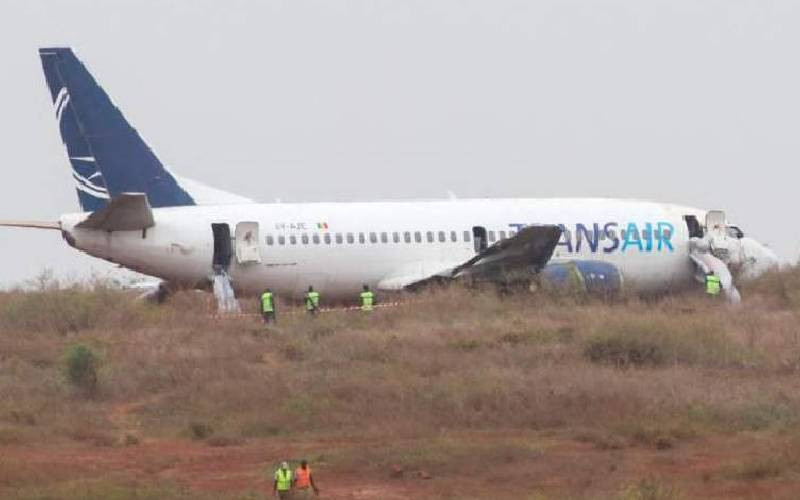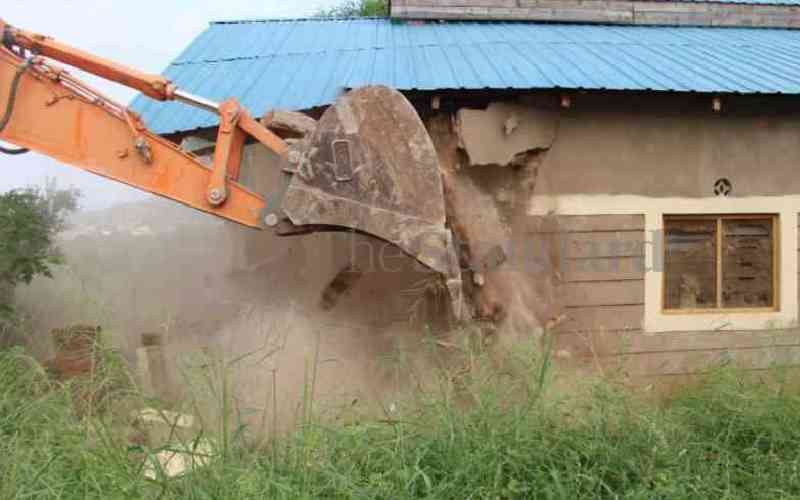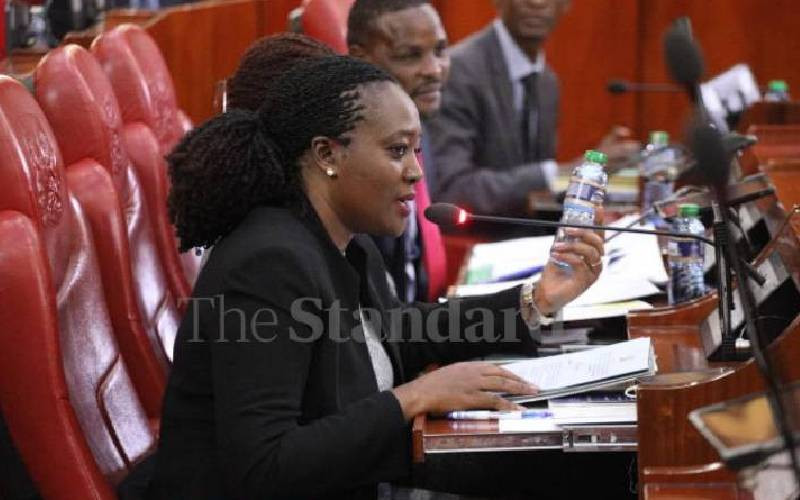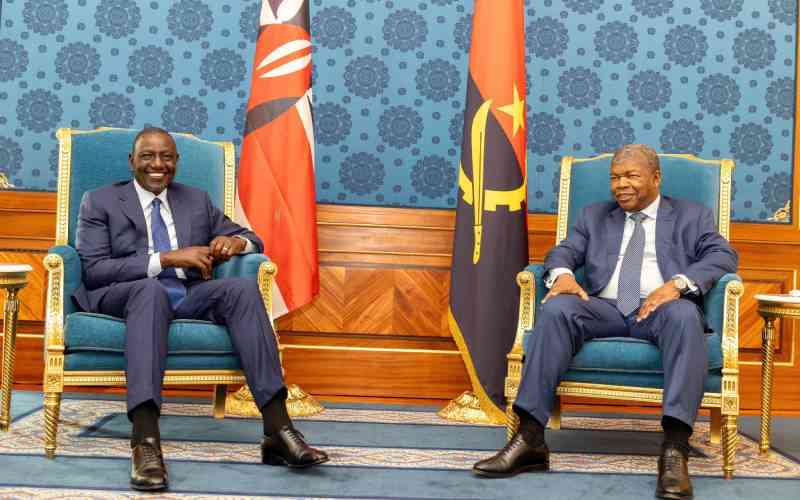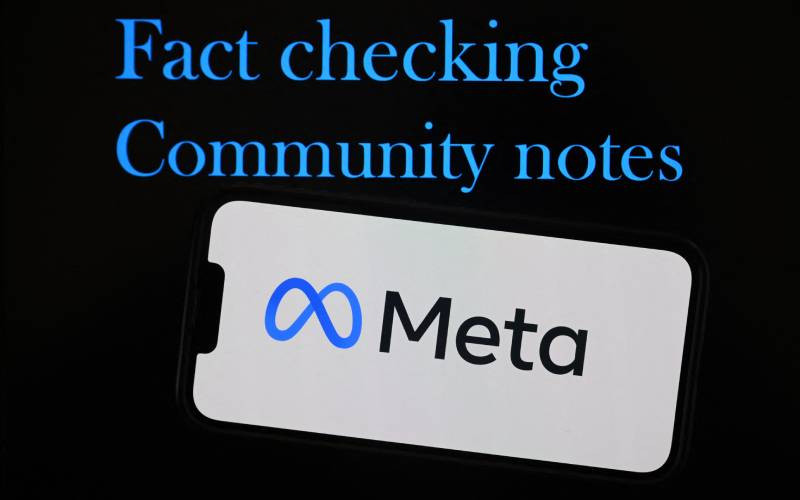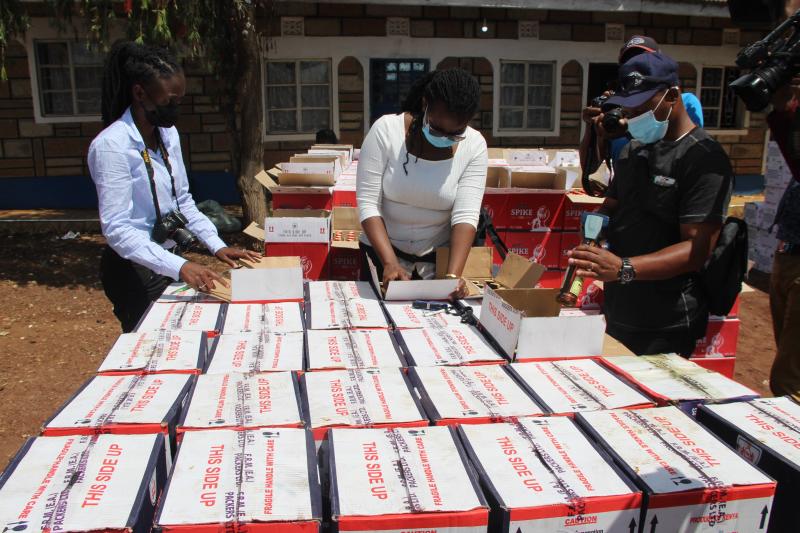
The Kenya Revenue Authority (KRA) plans to set up a forensic lab to mine all data including hidden accounts and deleted files from taxpayers’ computers to uncover tax and financial frauds.
Tax sleuths investigating cases of tax evasion anywhere in the country may soon be armed with the cyber forensic lab facilities as KRA hopes to build water-tight evidence against those it takes to courts. The taxman’s move comes in response to the rising trend among individuals and businesses to switch from paper-based accounting systems to electronic record-keeping in what has become problematic to catch tax dodgers. KRA says it is searching for a consultant to supply, deliver, implement and commission a digital forensic laboratory in what is going to rattle those who have been riding on digital underworld to evade taxes.
“KRA proposes to set up a digital forensic laboratory to boost the capacity to carry out efficient intelligence gathering and investigations that will stand the test of evidence admissibility in courts of law,” says the taxman in tender documents.
“The proposed digital forensic lab will be set up to perform the activities of forensic acquisition, extraction and e-discovery of evidential materials.”
KRA says the lab will have a forensic memory analysis tool that will search files hidden within files, recover deleted files, uncover user activity, recover passwords, access hidden disk areas and find misnamed files. Misnaming files is a technique used to disguise a file’s content by changing the name to something harmless or altering its extension to a different type of file. KRA says a lot of evidence it gathers during the course of its investigations is digital in nature such as emails, texts, video, audio, image files and other transactional data on hard disks and other storage media.
Sophisticated data
The investigations of such crimes, KRA says, require sophisticated data acquisition and mining, analytics, and storage tools in addition to the technical expertise to “reconstruct the transactions and provide insights into understanding of complex crimes.”
Many large corporations, including some multinationals have switched to e-systems, handing in soft copies of their transaction records to KRA officials. But digital record-keeping has created room for many individuals and firms to hide actual accounts and other transaction records from taxmen and financial fraud investigators.
President Uhuru Kenyatta last October said it was worrying that a country that has more than 19.6 million registered voters has just six million individual registered taxpayers.
“It is unfortunate that many of us are demanding better infrastructure, better public service and access to public good but are not willing to fund the same through registering and paying taxes,” said Uhuru.
Measures such as the option of password protection has seen tax investigators face trouble in getting full access to all data from computers seized as part of inquiry in dealings of suspected tax cheats. KRA will now count on the forensic lab to get full access to all digitised records kept by taxpayers in their computers and any IT infrastructure including phones. The lab will also enable KRA tax intelligence officials to acquire data from taxpayers’ computers and analyse them digitally to investigate suspected tax evasion and financial crimes.
But while the forensic laboratory promises to help KRA to overcome virtually any barrier to investigating digital records, the ever evolving technology means the taxman will have to find a way of staying ahead of the curve. For instance, the rising adoption of cloud computing—which enables individuals and firms to keep data on the Internet through a cloud computing provider— may pose challenges to tax sleuths.
Retrieving of such data by a third party like KRA may be problematic due to different data protection laws applied in different countries. Kenya is keen on collecting more taxes to cut the gaping budget shortfall that has seen total borrowings hit Sh8.2 trillion at the end of December 2021, being 85 per cent rise from Sh4.406 trillion five years earlier.
KRA last year rolled out its eighth strategic plan which is focused on increased revenue mobilisation through tax simplification, technology-driven compliance and tax base expansion. The taxman targets to collect Sh6.8 trillion over the period 2021/22 to 2023/2024 financial years, being an average of Sh2.266 trillion every year.
KRA last year defied Covid-19 layoffs, salary cuts and business closures to net Sh1.669 trillion collections in the financial year ended June 2021. The latest collection means that annual revenue collection has more than doubled within a decade given the Sh707 billion that was collected in the financial year 2011/2012.
 The Standard Group Plc is a multi-media organization with investments in media platforms spanning newspaper print
operations, television, radio broadcasting, digital and online services. The Standard Group is recognized as a
leading multi-media house in Kenya with a key influence in matters of national and international interest.
The Standard Group Plc is a multi-media organization with investments in media platforms spanning newspaper print
operations, television, radio broadcasting, digital and online services. The Standard Group is recognized as a
leading multi-media house in Kenya with a key influence in matters of national and international interest.

